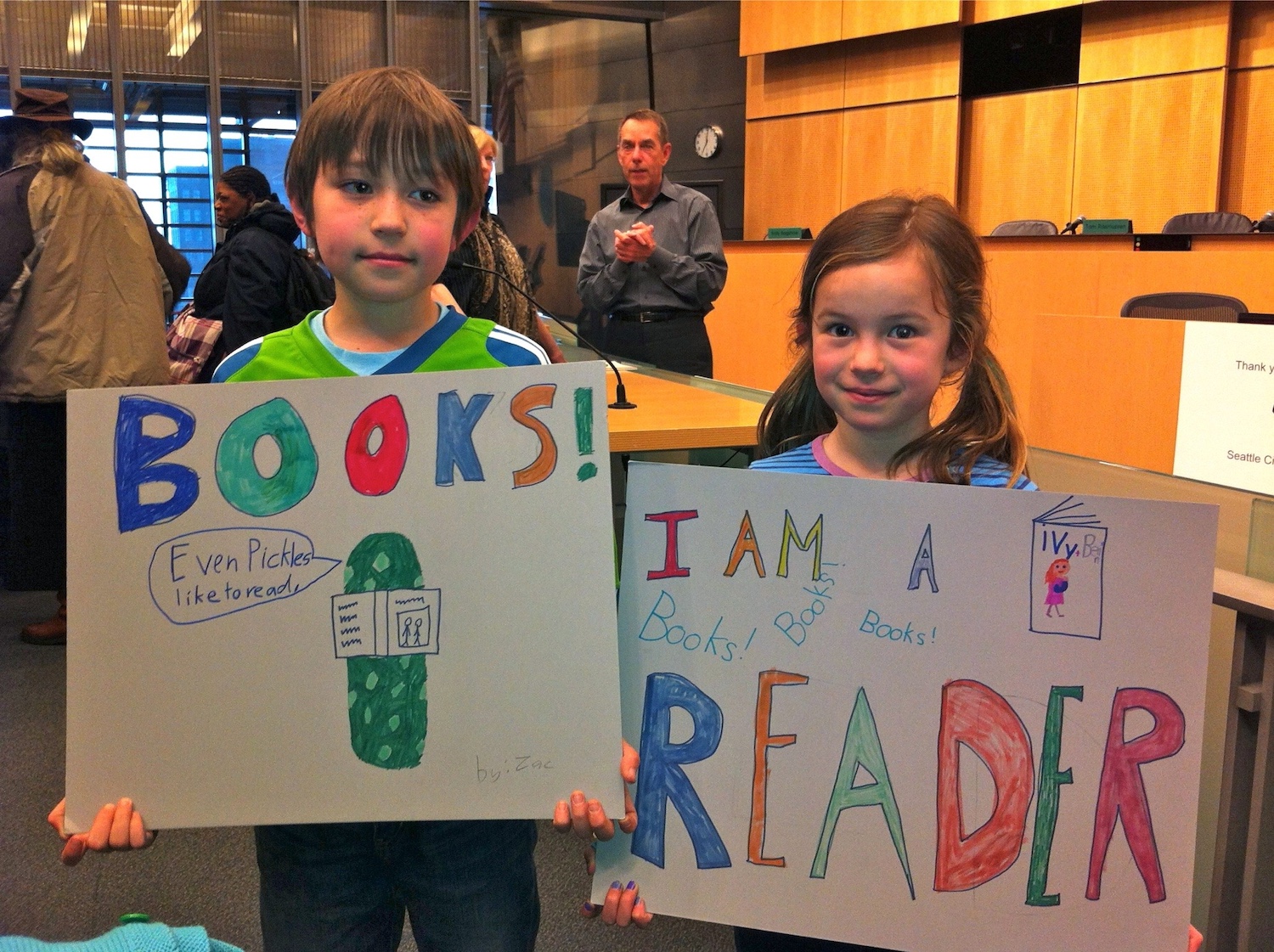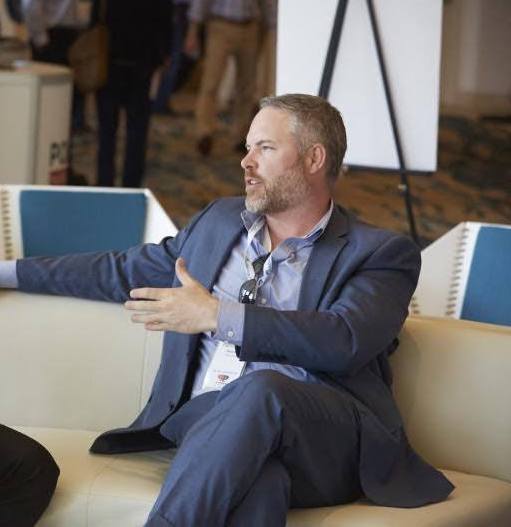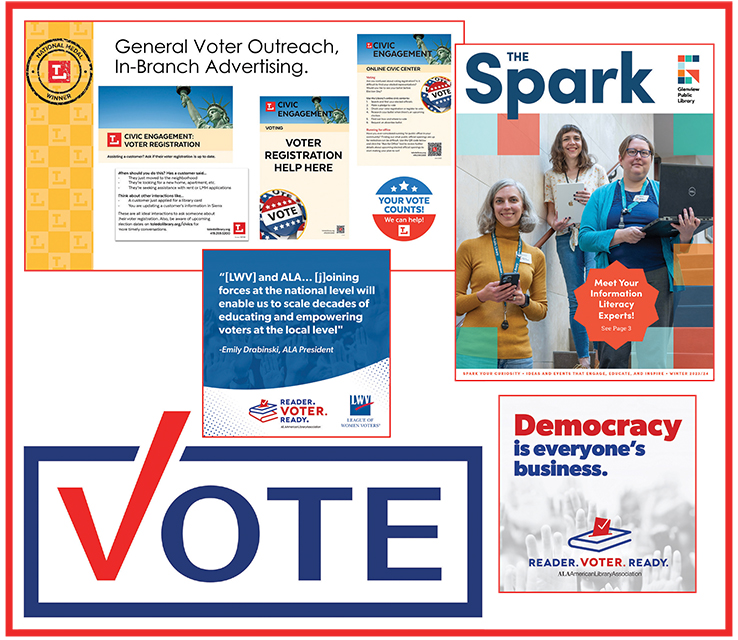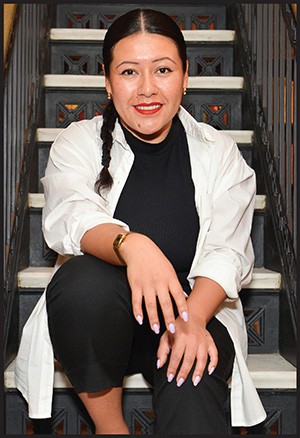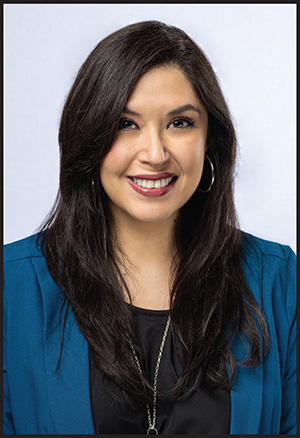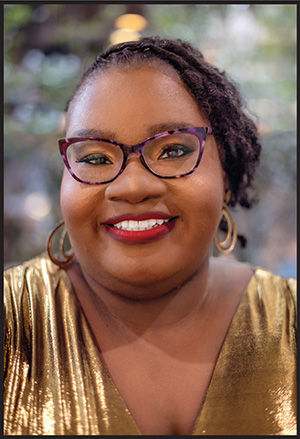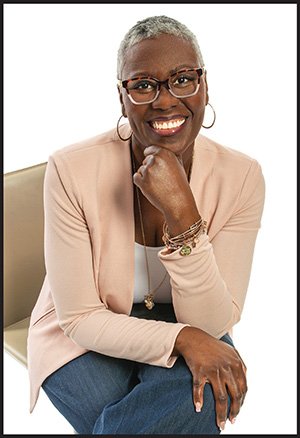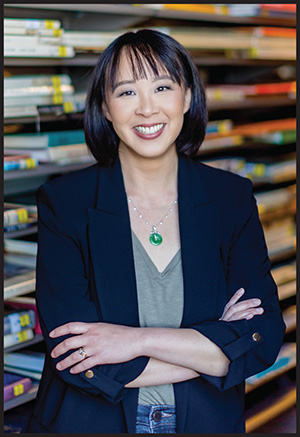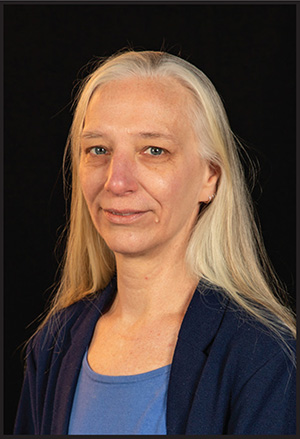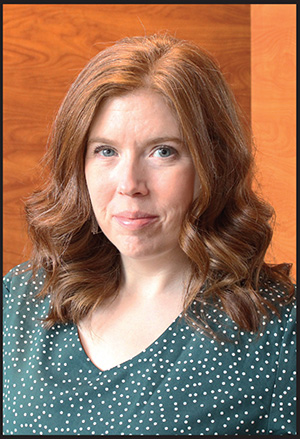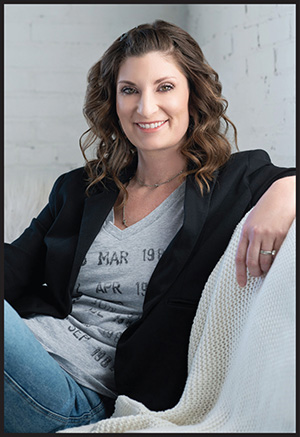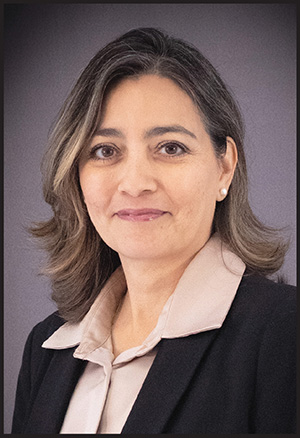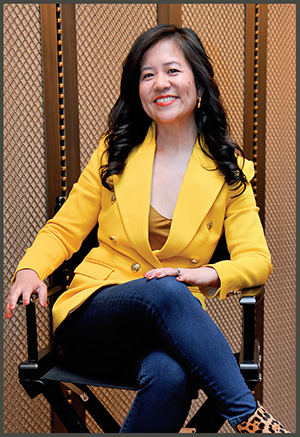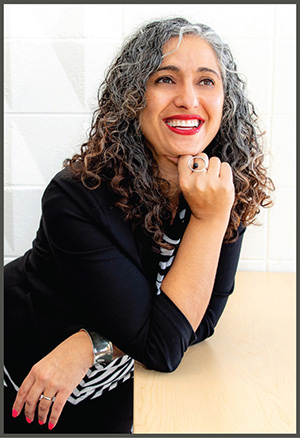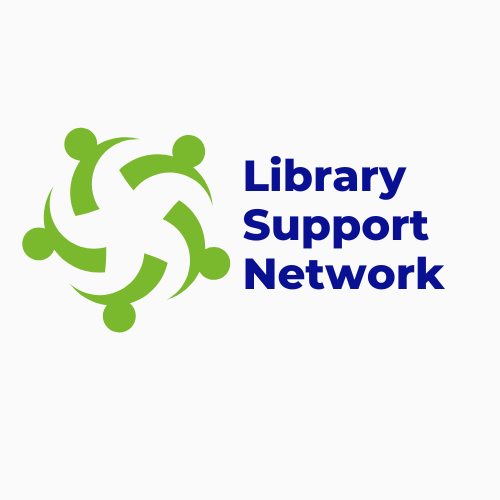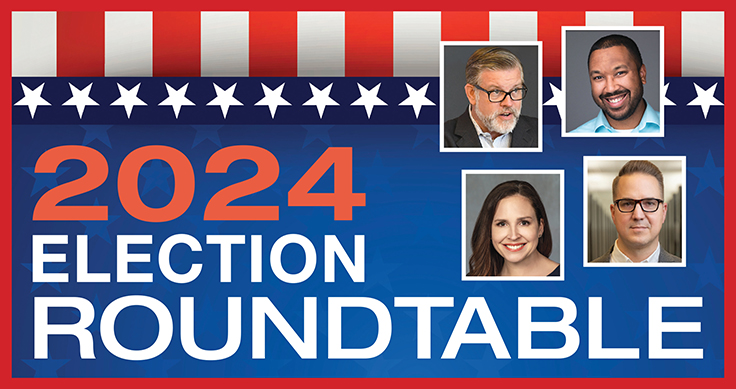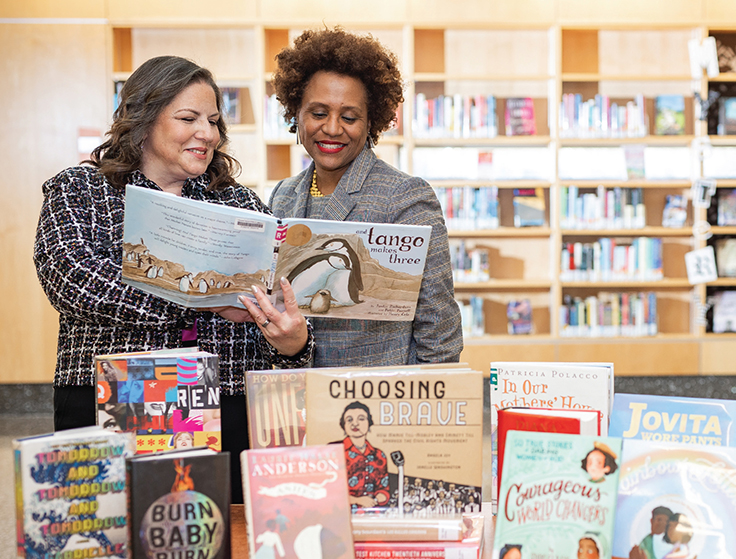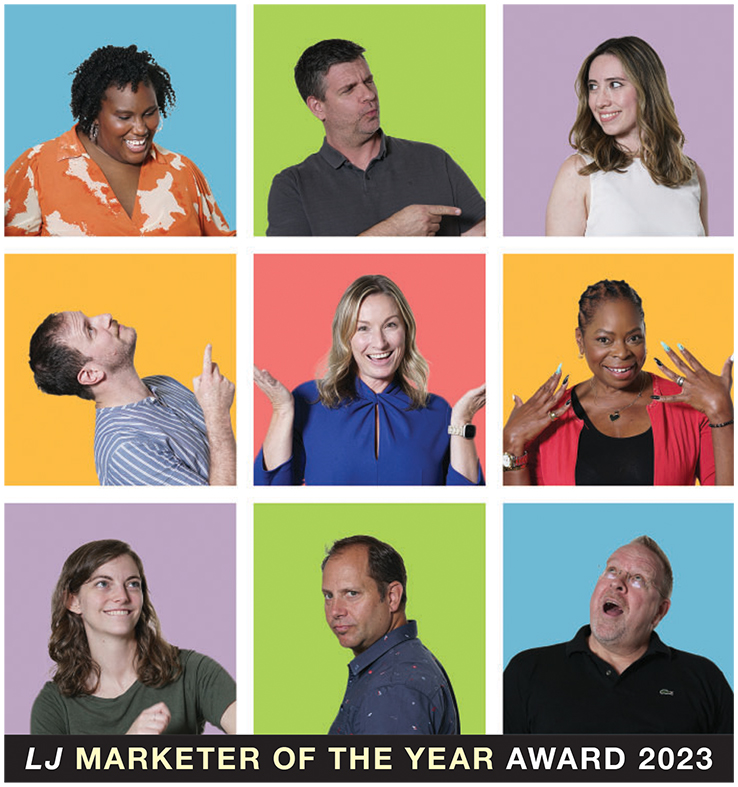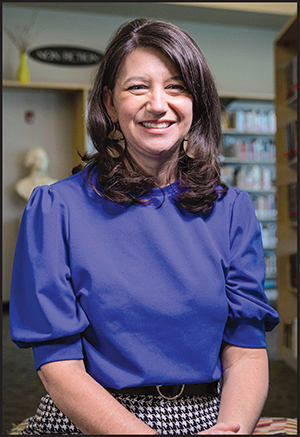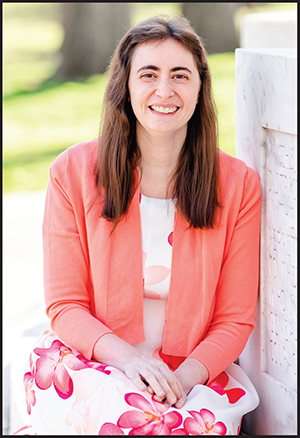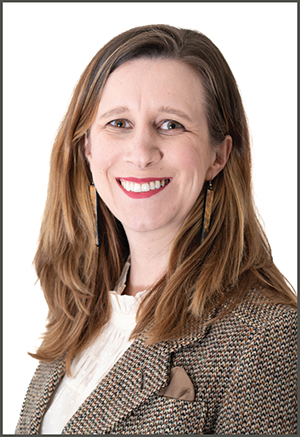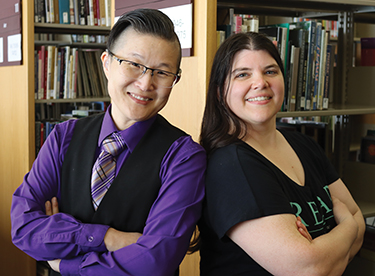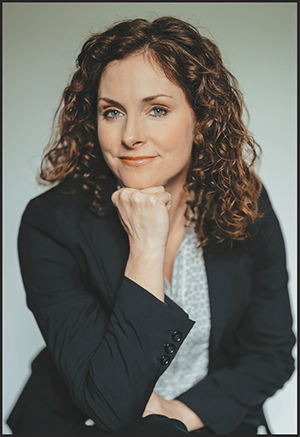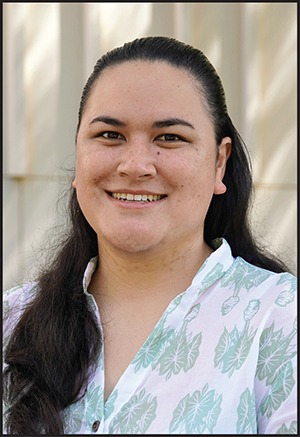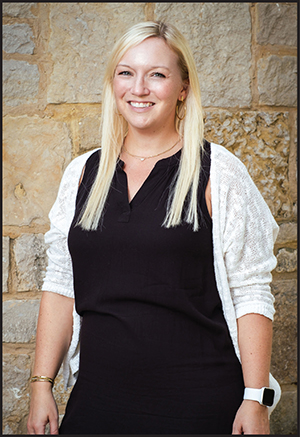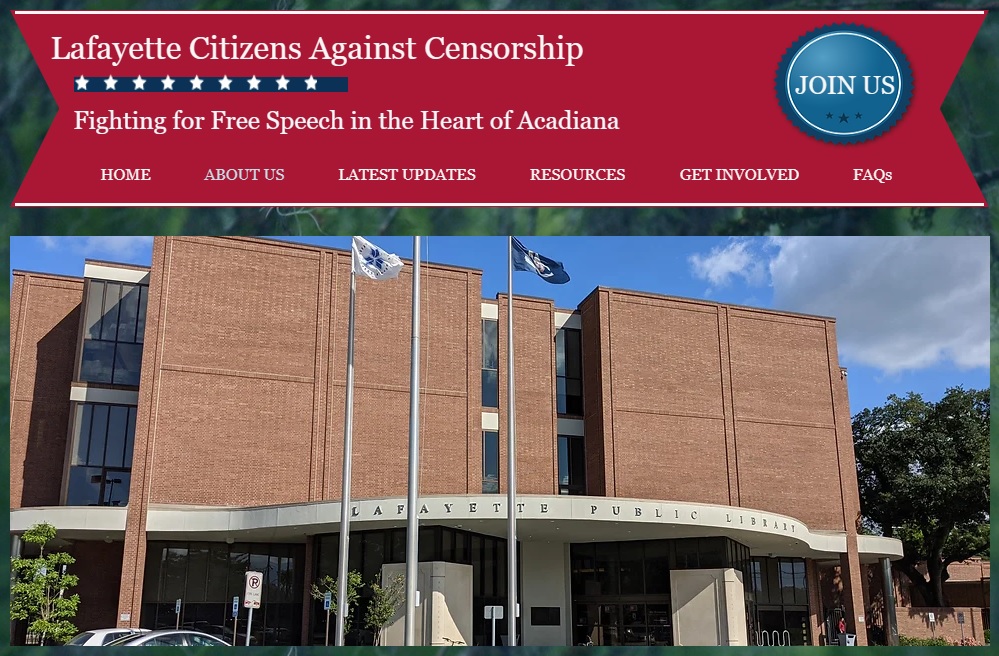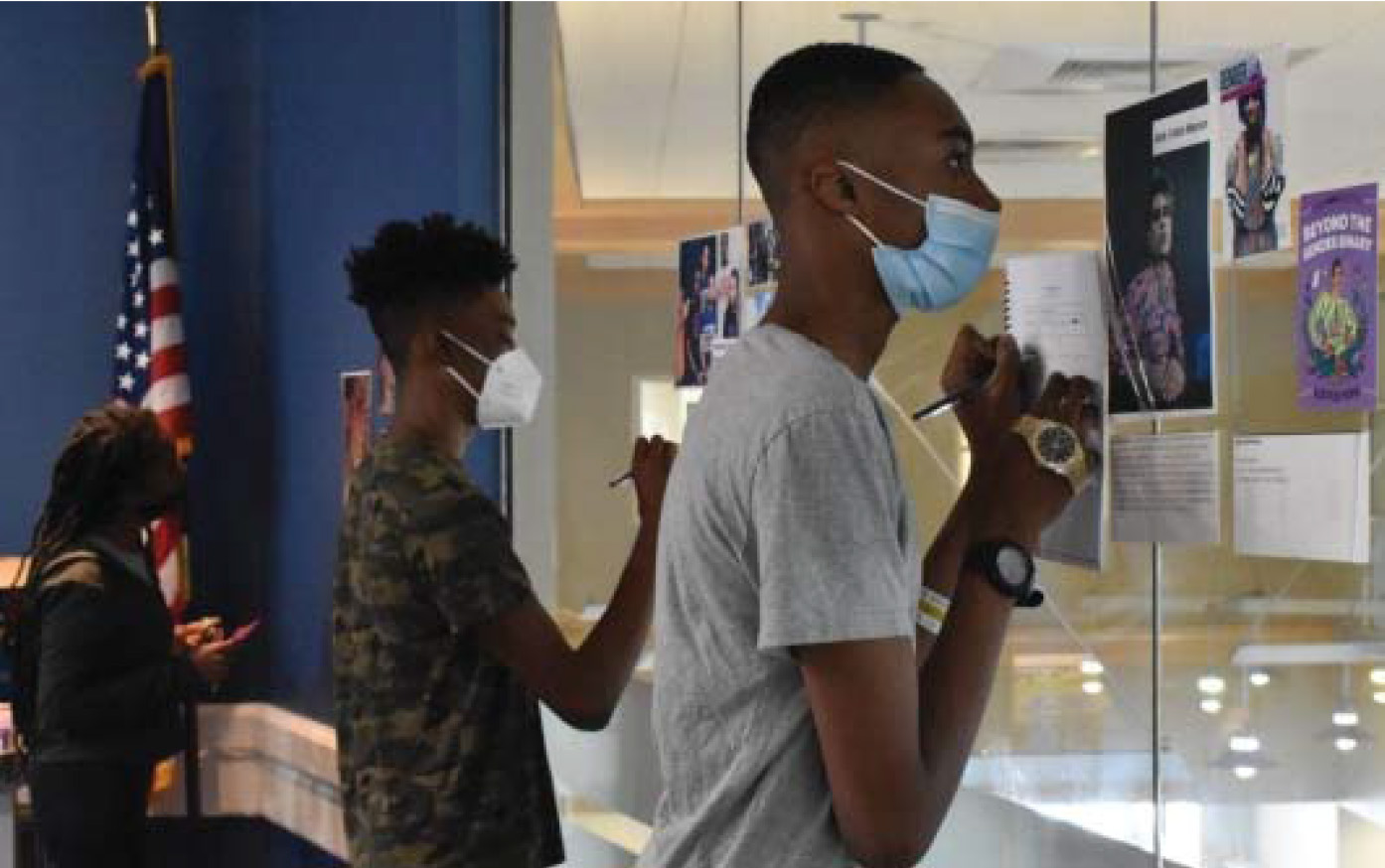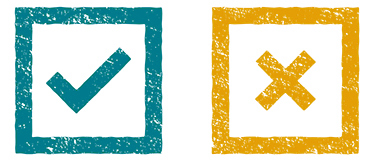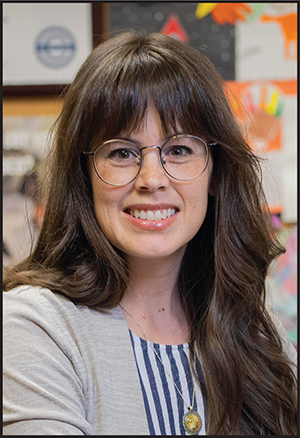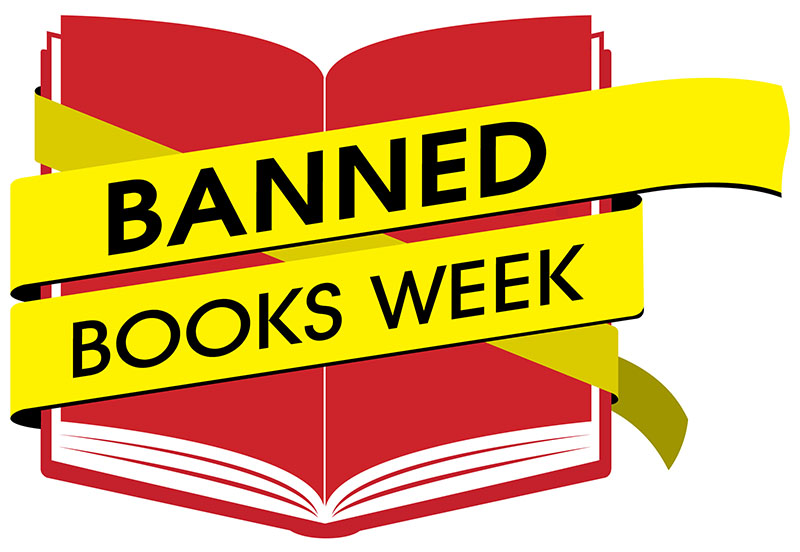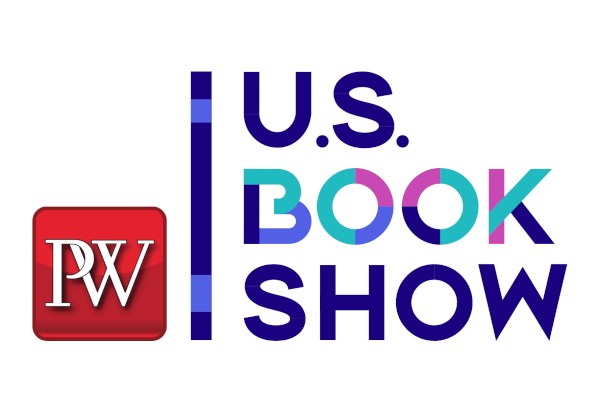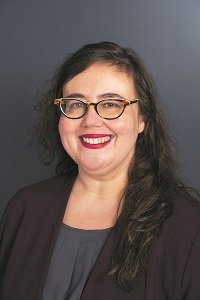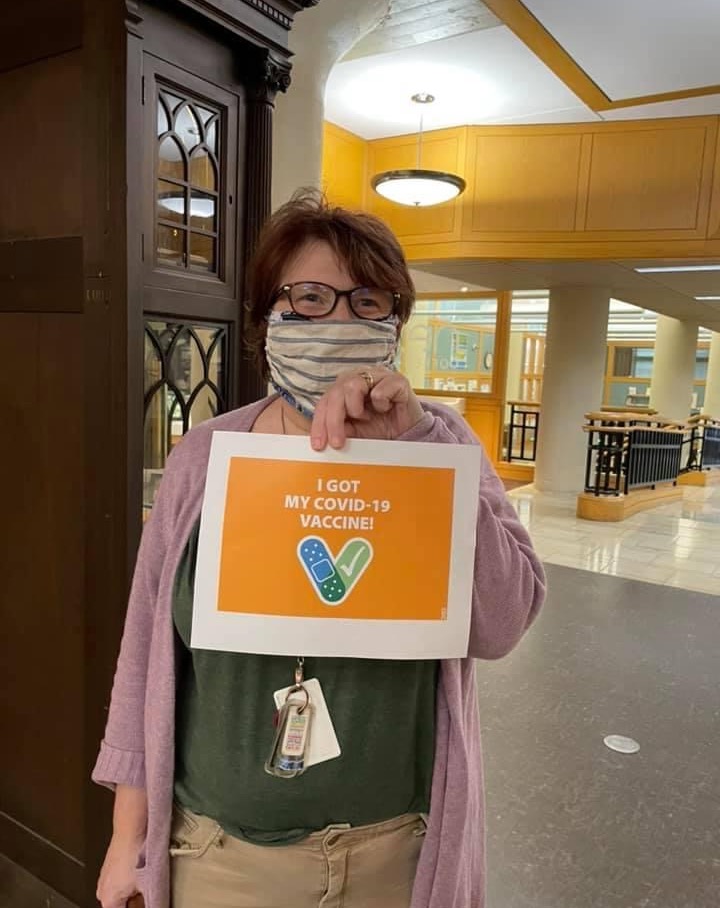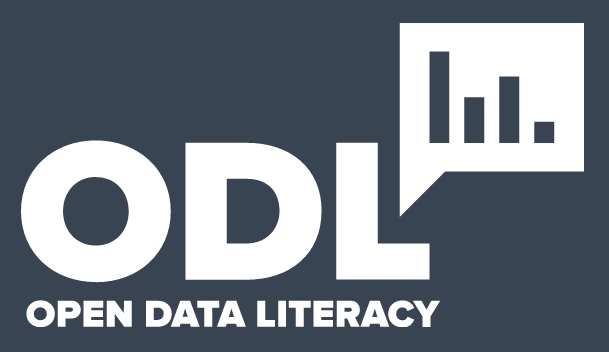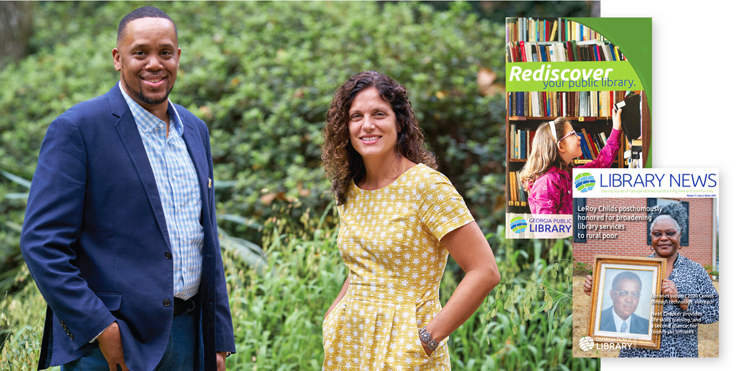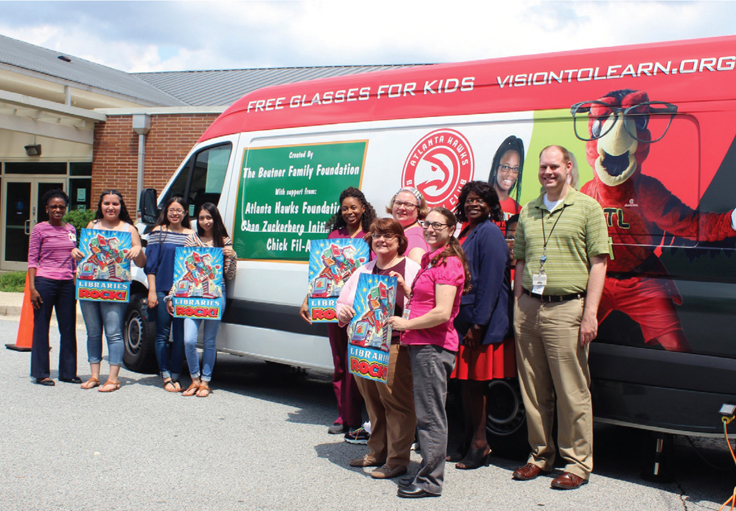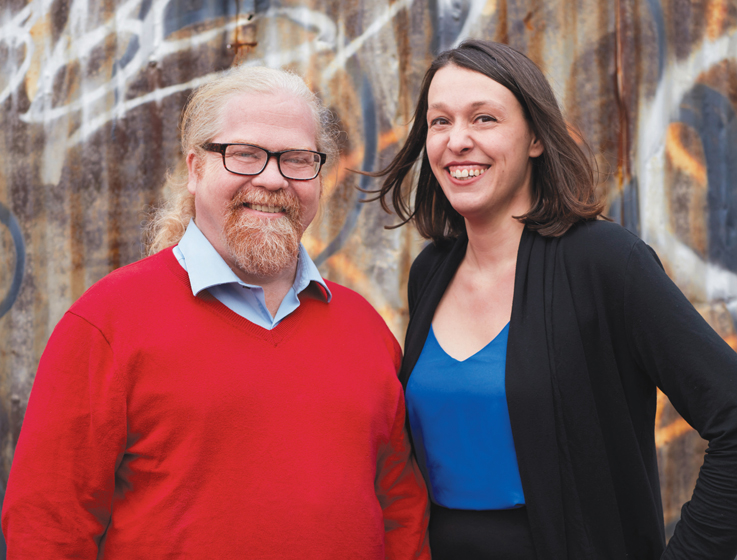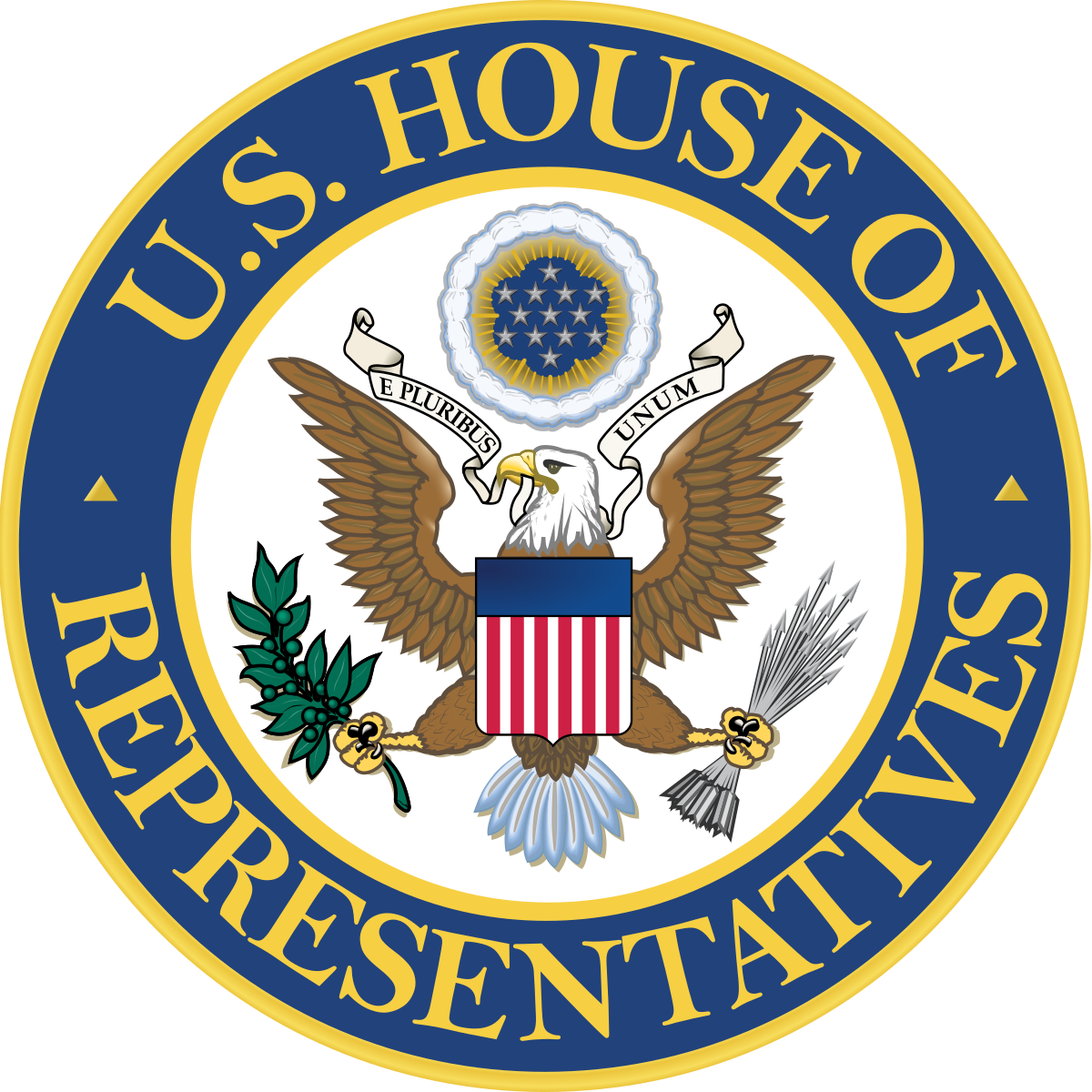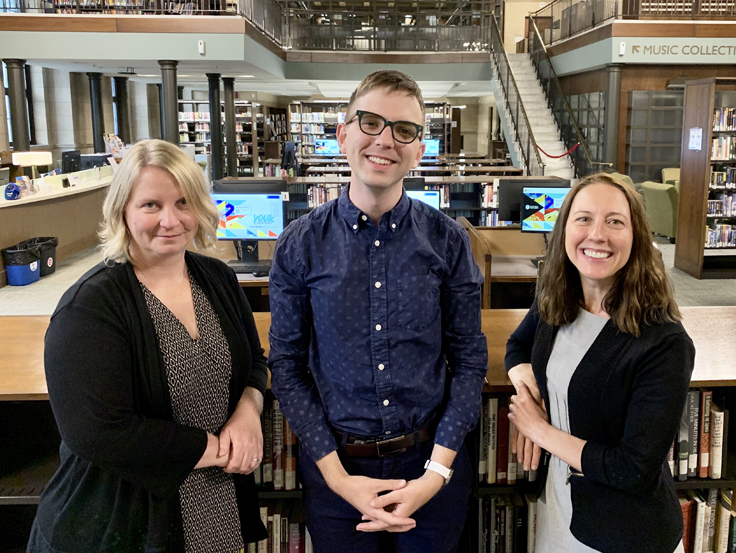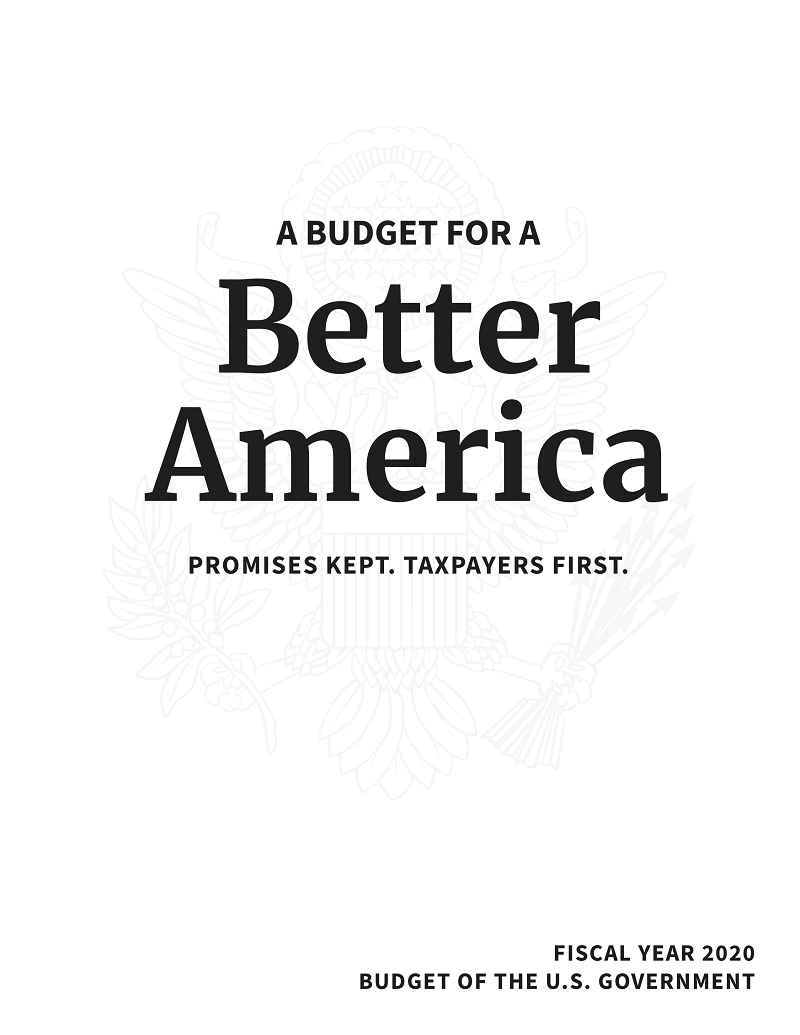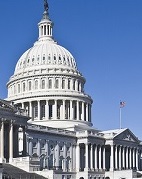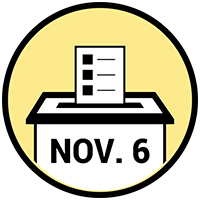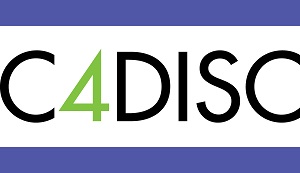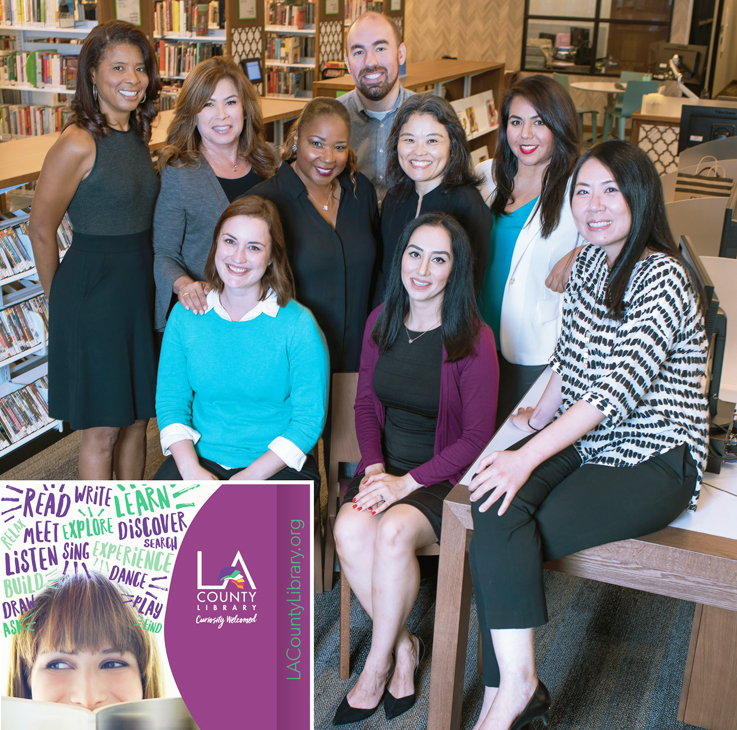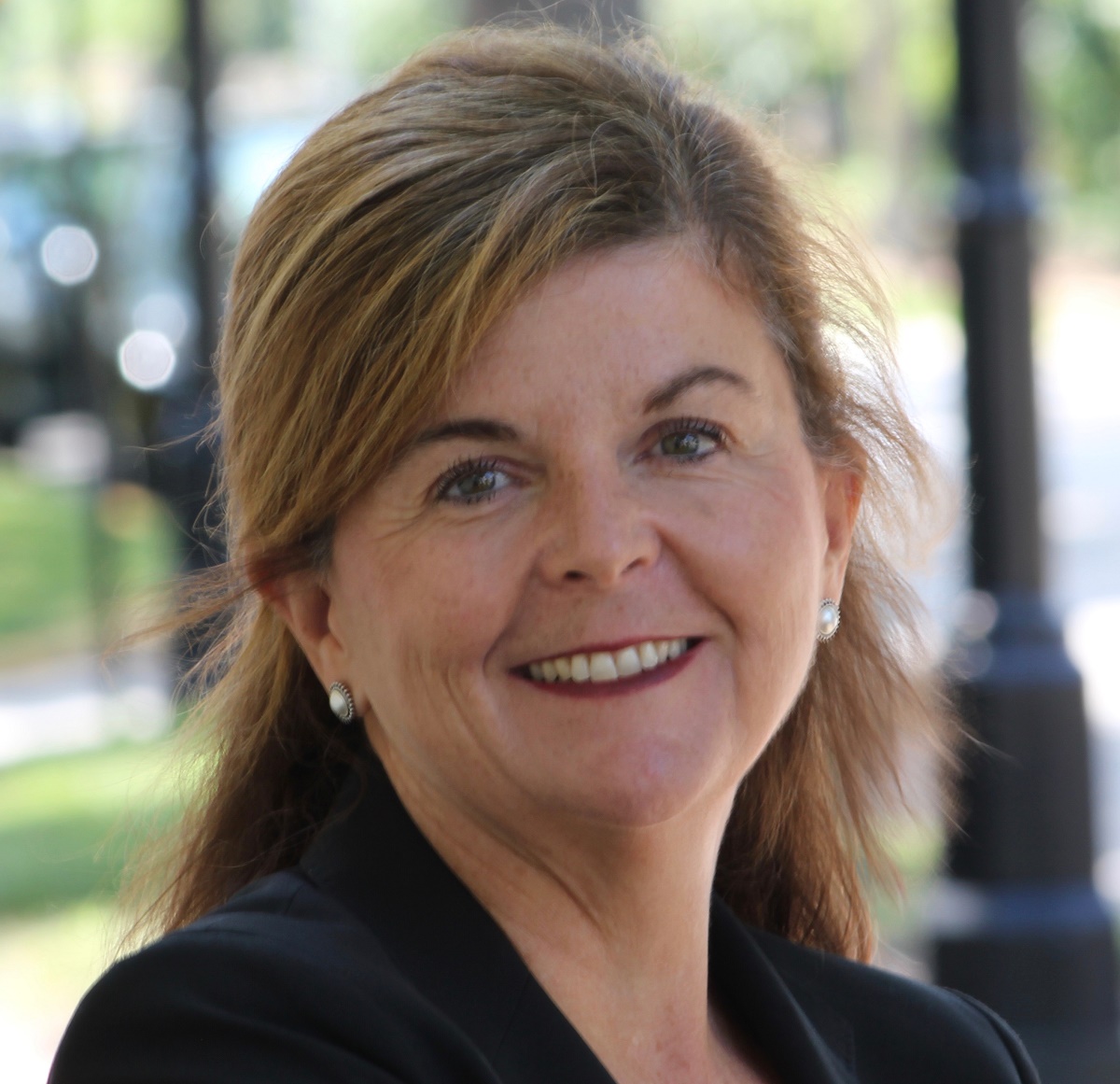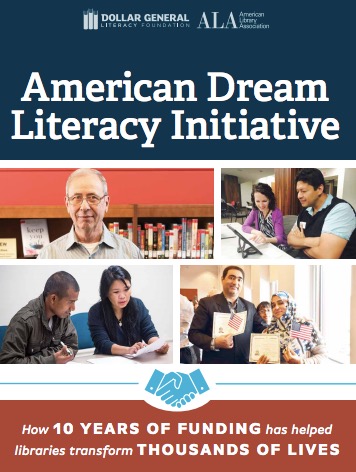Related
As libraries face increasingly challenging funding landscapes, a key to securing public support lies in mobilizing a coalition of foundation donors, Friends members, and board volunteers. Successful advocacy campaigns happen when these key stakeholders unite behind the library’s mission, reinforcing its value and amplifying its message to decision-makers. To that end, library directors can use several types of advocacy to strengthen their budget campaigns, including community-driven advocacy, public-private partnerships, and the concept of advocacy through fundraising.
For the past four years, EveryLibrary has been working to fight the book-banning movement. A large part of that fight is developing effective messaging against book bans, as well as conducting extensive message testing, surveys, and focus groups to understand the impact of messaging and determine which messages perform best.
During voter education week, public and academic libraries step up efforts to ensure voters have what they need before they go to the polls.
Josselyn Atahualpa oversees adult education courses in literacy, English as a Second Language, and GED preparation. When she noticed a wave of asylum seekers coming to the library in early 2022, Atahaulpa alerted library leadership and pushed QPL to prioritize training on best practices for serving the community.
From her podcast, Allie the Librarian Booktalks, to her leadership with the Texas Library Association, Alexandra Cornejo demonstrates her unwavering commitment to intellectual freedom and promoting diverse voices in literature.
Meredith Crawford, Community Engagement Librarian with the Cedar Rapids Public Library, launched the Be Heard program at a local youth detention center with the goal of reducing recidivism by engaging students with literature and art.
As an American Library Association Emerging Leader, Nicollette Davis is always looking for ways to improve the library field. Through the We Here organization, she helps BIPOC library and information science professionals support each other in a welcoming space.
LaShawn Myles had not worked specifically with the disability community when she joined the Maryland State Library for the Blind and Print Disabled in 2018. Her work as an educator led her to libraries, where she quickly became a champion for visually impaired patrons, advocating for resources and finding ways to make materials more accessible.
Mychal Threets, whose earnest TikTok videos have logged millions of views, started out sharing stories that epitomized what he calls “library joy” to inspire people to visit their library. He ended up capturing hearts across social media.
Monnee Tong’s career has been shaped by her passion for social justice, which carries through to her work as supervising librarian at San Diego Public Library.
Visser's work on E-Rate policy and technology equity has been a game-changer for communities across the country, including in tribal libraries, where she helped improve access to broadband.
When Missouri’s Senate Bill 775 (SB 775) became law in 2022, calling for criminal penalties on educators who provide students with materials containing “explicit sexual material,” Melissa Corey recognized the severe implications for collection development and spearheaded a swift response to preserve compliant books in school libraries.
With a recent surge in book censorship efforts, Sarah DeMaria, cochair and president-elect of the Pennsylvania School Librarians Association’s (PSLA) Advocacy Committee, hears from school librarians statewide who have faced public attacks, reassignments, and chosen resignation due to flawed policies.
Jensen, a librarian by trade, worked in a public library for several years before joining the Book Riot team in 2013, where she developed her passion about the right to read and access to books.
What do graphic novels, Grimace shakes, and Barbenheimer have in common? For 2022 Kentucky School Librarian of the Year Tim Jones, they can be tools for helping students develop media literacy.
Lucy Podmore became chair of the Texas Association of School Librarians at a key time, just as HB 900—the controversial state bill that would require vendors to rate books for explicit content before selling them to school libraries—was on its way to becoming law.
After working in school, academic, and museum libraries, Jennie Pu landed her first public library job as Hoboken Public Library (HPL) director two and a half years ago, and has already made her mark as a champion of intellectual freedom.
Huda Shaltry carries a copy of the U.S. Constitution in her purse. Referring to the First Amendment comes in handy when the Boise librarian meets with members of the Idaho Legislature in her role as Legislative Chair of the Idaho Library Association.
“Librarians have the wit and grit to get things done,” says Scott Summers, a former high school English teacher and school librarian who now brings that experience to his work as assistant director of the Media and Education Technology Resource Center at NC State University’s College of Education.
Library development deserves to be on par with university and hospital fundraising. Yet many libraries find this work difficult, and few resources exist in the sector to support the professional development needed to be successful. But this is starting to change thanks to the Library Support Network.
To help break down the relevant library issues in this election year, LJ convened a roundtable of experts including John Chrastka of EveryLibrary; Nick Grove of Meridian Library District, ID; Jason Kucsma of Toledo Lucas County Public Library, OH; and Representative Ashley Hudson from the Arkansas House of Representatives. They covered everything from voter engagement strategies for libraries on the ballot to book ban advocacy in challenging districts to engaging the electorate in an important presidential election year.
As the 2024 election year heats up, positive framing will be increasingly important for libraries. I’m certainly guilty of falling into a “doom loop” of negativity when I think about what the future might hold for libraries—or even democracy itself. But we cannot be our smartest, most strategic selves if we focus only on negating anti-library rhetoric. We need to advance a positive pro-library narrative—one that is grounded in the history of our good work—to unite us as advocates and connect with voters across the spectrum.
Virginia Library Association Executive Director Lisa Varga battles censorship attempts with a combination of hard facts and heart.
Faced with a major post-lockdown attendance drop, the marketing team at Baltimore's Enoch Pratt Free Library is re-engaging patrons with creative, data-driven campaigns. Patchogue Medford Library, NY, received honorable mention.
In 2015, as an offshoot of a student leadership congress where he was a delegate, Kevin Conrad Tansiongco founded the Magbasa Tayo (Let’s Read) Movement, an advocacy campaign promoting the importance of community reading centers and public libraries in the Philippines.
When Missouri’s Department of Elementary and Secondary Education stopped gathering data on school library collections, Amy Taylor found herself talking to others equally concerned with the loss of the information school libraries needed to advocate for funding. While public libraries have a legislative committee to lobby at the state level, no school library advocacy committee existed. Taylor stepped up to chair a task force studying how school librarians could raise awareness of what they do.
As the synagogue librarian for Temple Rodef Shalom Library and a children’s book consultant, Kusel says she wants to see more literary mirrors for children who are Jewish and offer windows to youth of different faiths to better understand Jewish beliefs and culture.
When Eryn Duffee moved to Washington from Tennessee in early 2021, she immediately jumped into leadership at the Washington Library Association, where she is working to transform the statewide school system.
Alicia Deal and KayCee Choi nominated each other for the same reason—their advocacy for d/Deaf (Hard of Hearing/Deaf) culture. The two have spearheaded Dallas Public Library programming for National Deaf History Month in April; Deal and Choi created programs about major league baseball player William Hoy and author and activist Helen Keller, among others, which drew about 100 patrons total.
Lindsey Kimery stepped up her advocacy efforts as the Tennessee legislature crafted bills such as the Age Appropriate Materials Act of 2022 and an Obscenity and Pornography bill, each an attack on intellectual freedom. “Lindsey rallied librarians across the district and state to speak up and speak out on behalf of those who would be affected,” says nominator Alyssa Littrell, Metro Nashville Public Schools district librarian.
In Shavonn-Haevyn Matsuda's MLISc program at the University of Hawai‘i at Mānoa, she focused on examining and challenging inadequacies of access in information systems and library services. Later, after becoming head librarian at the University of Hawai‘i Maui College Library, Matsuda’s doctoral research investigated creating a system of information for Hawaiian archives and librarianship.
As senior librarian at San José Public Library, Lizzie Nolan manages programs, collections, and outreach for both the Children’s Room and teen space known as TeenHQ and has executed and evaluated yearlong literacy programs for the entire 26-branch system. In 2021, Nolan was tasked with leading San José’s Youth Commission, the official youth advisory group to the mayor and city council.
In 2019, Lambert was selected to be part of the International Society for Technology in Education (ISTE) Equity and Action Forum. ISTE wanted participants to work on a yearlong project involving equity in education.
Two community members are suing Louisiana’s Lafayette Consolidated Government, the municipal body that oversees the Lafayette Public Library (LPL), for denying the right to free speech in public board meetings. Lynette Mejía and Melanie Brevis, community members and patrons of LPL, are co-plaintiffs in the suit, which also names Board of Control President Robert Judge. According to local newspaper The Acadiana Advocate, the lawsuit alleges the violation of Mejía’s and Brevis’s First Amendment rights to free speech as well as their 14th Amendment rights, along with violations of the Louisiana Open Meetings Law.
Prince George’s County Memorial Library System, MD, last August hosted its first annual social justice summer camp. During five full days at five separate branches, groups of teens learned about the history of social justice movements along with project management skills to help effect change in their own communities.
Virginia Cononie, assistant librarian/coordinator of reference and research at the University of South Carolina Upstate Spartanburg Library, was named one of Library Journal’s 2022 Movers & Shakers for her library advocacy work. LJ recently reached out to Cononie to learn more about her Share Your Story campaign, a collection of success stories from libraries in South Carolina that were compiled into a book and sent to South Carolina lawmakers.
The American Library Association's Office of Intellectual Freedom tracked 729 attempts to ban or restrict library resources in K–12, higher ed, and public libraries in all of 2021, targeting 1,597 unique titles—itself the highest number of attempted book bans since ALA began keeping track of challenged books more than 20 years ago.
The title of the inaugural U.S. Book Show’s opening track, “Libraries Are Essential,” was likely a well-worn sentiment for much of its audience. But coming at the beginning of Publishers Weekly’s (PW) virtual event , held May 25–27 to replace the retired BookExpo, the block of public and academic library–centered programming offered a pointed message to publishing capping a year marked by complicated relations between libraries and e-content publishers.
The challenge for libraries is, first, to obtain and spend federal funding, and second, to parlay that temporary help into a permanent paradigm shift. The new equipment will outlast the emergency. It is up to library leaders to document its ongoing impacts, so that when breakage and age take their inevitable toll, funders will find it unthinkable not to replace and upgrade the gear.
As early as December 2020, many were advocating for library workers to be included in early distribution categories. Even in the absence of broad recategorization, however, some library leaders have effectively lobbied to have staff across their entire systems vaccinated. Using a range of strategies, they have ensured that their state or local health department officials understand that library workers fill essential, public-facing roles, and are cared for accordingly.
University of Washington iSchool researchers present an overview of the Open Data Literacy project's work to date, and share highlights from a survey of the current landscape of open data in Washington State's public libraries.
UC San Diego Library Launches Art of Science Contest To Highlight Researchers’ Most Beautiful Images
On February 22, the University of California San Diego (UCSD) Library launched the inaugural Art of Science Contest, inviting UCSD researchers to submit the most beautiful image “that explains their work in a way that is both engaging and accessible to non-scientists.” The contest runs through March 21; voting will take place from March 29–April 18, with the winning images announced on May 3.
The Georgia Public Library Service helps states tell their stories of impact with targeted tools and training, plus a dash of cash—winning it LJ's 2020 Marketer of the Year Award.
When the COVID-19 pandemic forced Broward County Library, FL, to close its branches to the public, it immediately surveyed patron needs and created a targeted, data-driven marketing campaign to inform customers about electronic resources, online programs, and other content the library was offering. Los Angeles Public Library created new cardholders with its Art Card, designed by Gajin Fujita, an established graffiti artist. These very different campaigns, aimed directly at patron needs and preferences, earned the two libraries Honorable Mention for LJ's 2020 Marketer of the Year Award.
It is important for library leaders to realize that every other local organization or unit of government who responded to the COVID disaster with compassion, engagement, and their best efforts also has a great story to tell. During times of austerity, the narratives that matter are about direct and measurable outcomes for people who used your service, visited your program, accessed your collections, or interacted with your staff.
Libraries can and should continue to apply creative problem-solving to mitigate the worst impacts of this pandemic on staff and users. There is a limit to what even the most nimble, inventive, and dedicated libraries—or even consortia or associations—can fix. But that doesn’t mean there is nothing we can do. We need to think bigger and to throw the collective power of our profession toward advocacy for large-scale solutions.
In summer 2016, four librarians—Jessica Anne Bratt, Amita Lonial, Sarah Lawton, and Amy Sonnie—created Libraries 4 Black Lives (L4BL), an online space for libraries to support the Movement for Black Lives and develop a support community for advocates doing racial justice work in libraries. While L4BL is no longer active, Bratt, youth services manager at the Grand Rapids Public Library, MI, has continued her advocacy and social justice work. LJ recently caught up with her to find out more about what she’s been doing.
Whether lobbying legislators for funding libraries or a foundation for new shelving, public library leaders, communications staff, and even frontline workers need to be efficient and nimble when articulating their impacts to outside stakeholders. Crucially, they need to approach the question from the vantage of how the library’s outcomes align with that particular stakeholder’s mission.
Christian Zabriskie and Lauren Comito have partnered to make Urban Librarians Unite a powerful grassroots organization, while serving as a model for how teamwork can get things done—earning them the shared title of LJ's 2020 Librarian of the Year.
Dated October 15, ALA’s report to Congress summarizes challenges facing the library field with regard to ebooks, streaming content, the pricing of digital academic journal subscriptions, anti-competitive behavior in digital textbook publishing, and the publishing industry’s capture and use of student data.
Following years of declining investment, the United Kingdom’s public libraries will receive a significant boost, with over £125 million ($160,466,000) in new funding for regional museums and libraries throughout the country.
To pass an essential funding measure, Palatine Public Library District’s marketing team made the case with transparency, community feedback, and streamlined messaging—earning it LJ's 2019 Marketer of the Year Award.
When the St. Paul Public Library, MN, went fine-free, the marketing and communication team's successful campaign to get the word out helped earn it an Honorable Mention for LJ's 2019 Marketer of the Year Award.
While many view natural disasters as levelers—events that do not differentiate based on ethnicity or economic status—this is not the case. Low-income citizens are often hit harder by extreme weather events, due to everything from poorly constructed or aging housing to housing located closer to flood plains.
There is no such thing as a totally independent library board when the library’s funding stream is controlled by another entity. Libraries will never achieve consistently satisfactory funding levels as long as they are one of many agencies governed and/or solely funded by a larger political unit. When public libraries compete for funds with police, fire, sewers, schools, planning, and assessor’s offices, they lose. The tremendous cuts and closings weathered by public libraries in the UK over the past decade provide a cautionary tale.
The White House released President Trump’s preliminary FY20 budget proposal on Monday, March 11. As with the administration’s proposed FY18 and FY19 budgets, it calls for major cuts to domestic federal spending, and proposes the elimination of a number of non-military agencies, including the Institute of Museum and Library Services (IMLS).
On December 19, the House of Representatives passed the Museum and Library Services Act (MLSA) by a margin of 331–28, and it was signed into law on December 31. The bill, also known as S. 3530, reauthorizes the Institute of Museum and Library Services (IMLS) through 2025.
A newly released American Library Association (ALA) report marks the 10th anniversary of the American Dream Literacy Initiative and celebrates the many ways that participating public libraries have transformed lives.
ALREADY A SUBSCRIBER? LOG IN
We are currently offering this content for free. Sign up now to activate your personal profile, where you can save articles for future viewing
